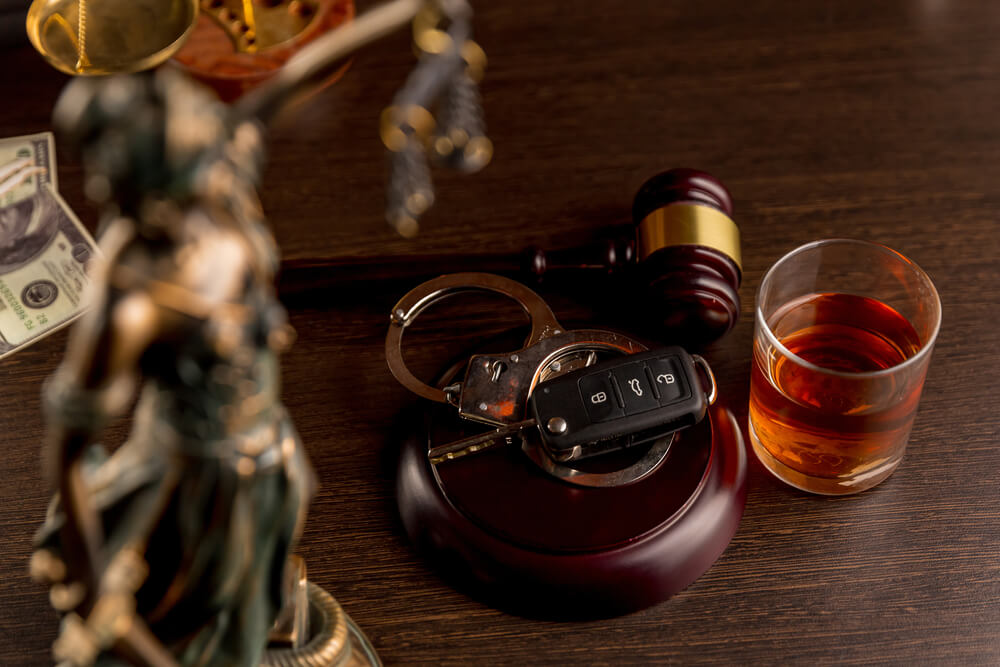Office Location
608 West 12th Street, Suite B Austin, TX 78701
legalassistant@wm-attorneys.com
In the vast realm of driving offenses, two terms that frequently surface are DWI and DUI. While both involve operating a vehicle under the influence, the differentiation in terminology can often lead to confusion. Texas, like other states, has its unique interpretation and application of these terms. To shed some clarity, let’s dive deep into the distinction between DWI and DUI in the Lone Star state.
In the state of Texas, the primary distinguishing factor between DWI (Driving While Intoxicated) and DUI (Driving Under the Influence) is age. Simply put:
Whether you’re an adult or a minor, if you find yourself in such a predicament, it’s essential to immediately consult with an Austin DWI lawyer.
Texas’s Penal Code § 49.04 articulates DWI in three ways:
The grounds for a DWI arrest could stem from field sobriety tests, breathalyzer results, or observations made by a drug recognition expert (DRE). A first DWI offense, generally a Class B misdemeanor, can elevate to graver classifications if the blood alcohol concentration is notably high or if controlled substances are involved.
Section 106.041 of Texas’s Penal Code is clear on DUI: if you’re a minor and have consumed any amount of alcohol, you’re eligible for a DUI. Texas’s Zero Tolerance policy ensures that there’s no need to demonstrate impairment for a DUI charge — the mere presence of alcohol or drugs is enough.
For those found guilty of a DWI in Texas, consequences can be severe:
If a DWI incident involves assault or even worse, manslaughter, the offender is looking at felony charges. Fines can hit the $10,000 mark, and jail time can stretch from two to twenty years.
DUI penalties, while milder than DWI, can still significantly impact a young person’s life:
Remember, a record, even for a minor, can have long-lasting implications — affecting college admissions, job prospects, and more.
Texas offers avenues for those charged, but not convicted, of DWI to expunge their records. If convicted of a DUI with a BAC under 0.08%, expunction might still be an option.
Additionally, first-time DWI offenders can benefit from nondisclosure laws, enabling them to seal their records from public view. However, specific criteria and waiting periods apply, making it crucial to consult with a legal professional.
Driving offenses, particularly DWI and DUI, can have profound repercussions on one’s life, both immediately and in the long run. If you find yourself ensnared in such circumstances, reach out to the Law Office of David D. White, PLLC. Equip yourself with the best defense and ensure that your rights are staunchly protected.
Texas law takes driving while intoxicated (DWI) very seriously. While a first offense DWI is typically a misdemeanor, a conviction can still bring serious consequences. In some situations, even a first DWI can be ...
Like any criminal charge, a DUI can be dismissed under certain circumstances. An experienced criminal defense lawyer is going to be well-versed in the best, most effective ways to get DWI charges dropped. In this ...
Can you be charged with DWI months or even years after the incident occurred? It is possible, but a DWI charge in Texas also has time limits for prosecutors to bring certain criminal charges. Always discuss any po...
608 West 12th Street, Suite B Austin, TX 78701
legalassistant@wm-attorneys.com